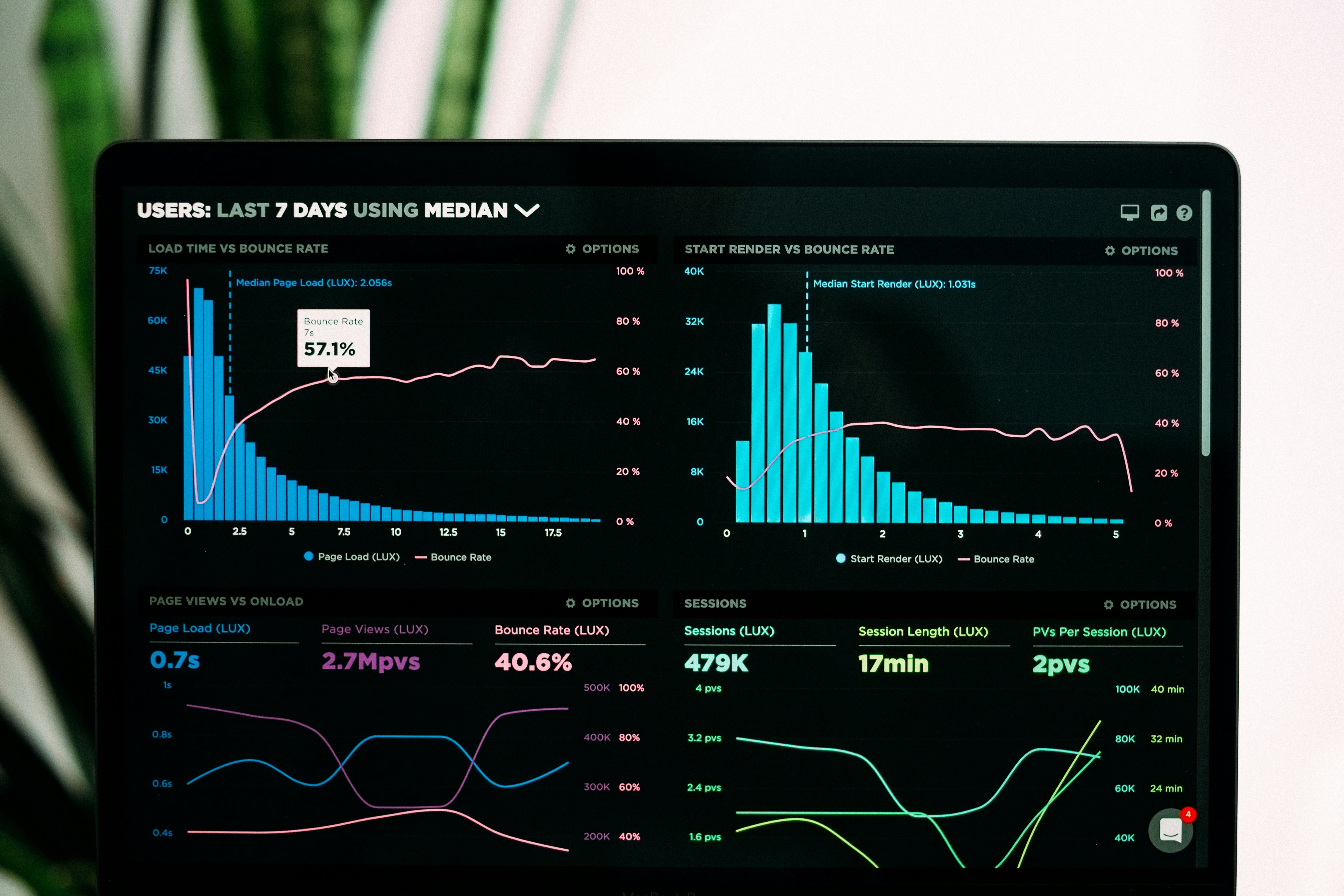Data science is a combination of technical skills in computer science and predictive analytics that come through instinctive pattern recognition and artistic creativity. Asking the question ‘what is a data scientist?’ is like falling down the rabbit hole and into a wonderland of big data, predictive algorithm manipulation, and really meaningful research that will drive future growth across all industry. For those graduating from college soon and looking for their next big move, a master’s degree in a data science discipline or a jump straight into the industry provides a massive boost your future personal development. As well, data scientists enjoy incredible job security because of their importance across sectors and functions. As a data scientist, you will always feel secure in your role and your team. But what do data scientists really do?
Data scientists prepare unstructured data for analysis.

Data scientists perform a wide range of roles across office locations. One of the most important tasks involved in the daily life of a data analyst or data scientist is the preparation of datasets for use in research or business intelligence functions. This is one of the blander roles that data science is tasked with, but it is absolutely essential to performing efficiently as a team. In this regard, database design and flawless commitment to data integrity are paramount for a data scientist looking to break into the industry or rise up the ranks. At the same time, it’s not enough to analyze a lot of data—you have to be willing to work with a team to obtain actionable insights as well.
Raw data comes in for processing in the form of automated returns, surveys from customers, or any other system of delivery that your organization has created. This is essential for growth in industries like food service as well as genomic research. The integrity of information is essential for your team to create algorithms that can process the big data that you work with on a daily basis. Customer surveys for instance may include missing data or mostly illegible responses on paper copies. Digitizing this information and creating an Excel sheet for all your collected unstructured data is crucial for the later data visualization tasks that will follow. You simply cannot move on to the more exciting tasks without rock-solid data management practices.
Data scientists evaluate trends, patterns, and future avenues of growth.

Data scientists act as a fortune tellers for corporate growth. Within this business, unit sits a team of analysts that process raw data and spit out highly nuanced actionable insights that will direct or create strategies for corporate growth over the long term. This is because data analysis cuts to the heart of the problem. Numbers never lie, so listening to the meaningful information that your research provides is the best way to head off any looming problems that appear to be metastasizing to create future hurdles before they arrive.
The data science team in a corporate office creates statistical models that help business leaders make decisions that affect the entire corporate staff. Data scientists influence hiring and firing decisions by the extension of their work, and suggest possible areas of success for the business strategies in product development and marketing departments. The field of data science is rich in directive capacity and takes a mind that can handle both the sometimes unwieldy nature of the large amounts of data that must be processed and the ramifications of their findings.
The field of data science tackles some of the most complex problems that businesses and research teams face on a daily basis. Data scientists go into the office every day and cut to the heart of the truth. They do battle with the dense and secretive nature of big data in order to extract insights that will guide corporate direction for the future. It’s no wonder then why data science is the sexiest job of the 21st century.























